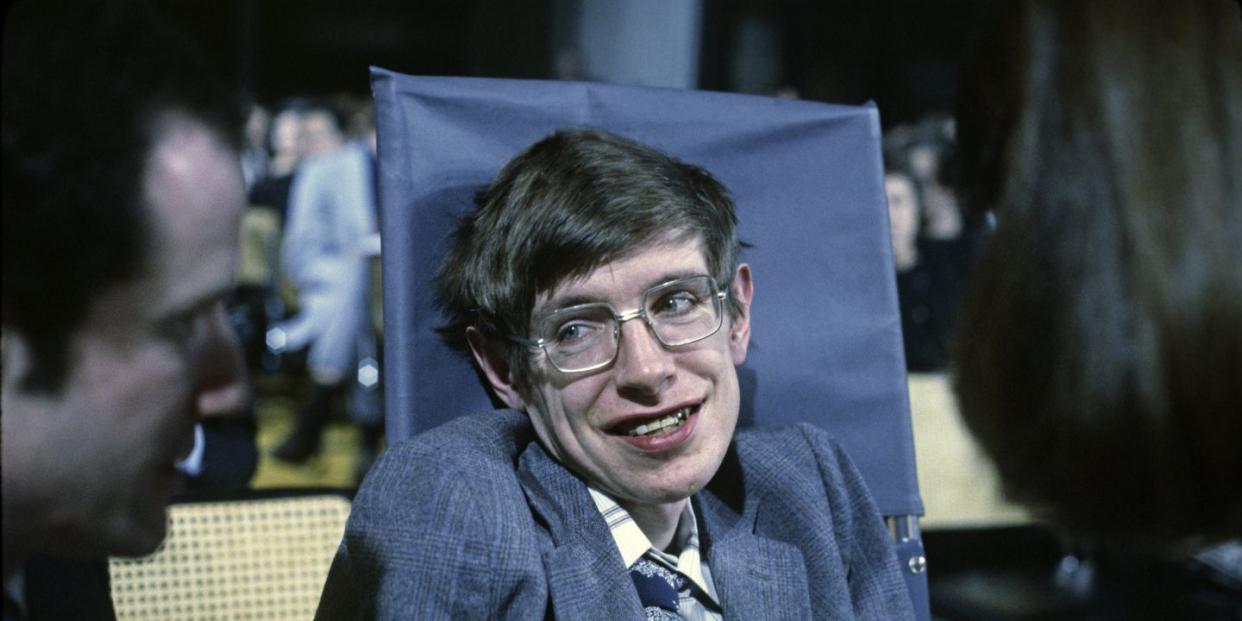Hawking's Last Theory of The Universe Published

Stephen Hawking isn't done yet. The brilliant physicist, who died in March after one of the most extraordinary careers of the century, co-authored a new theory about the origins of the universe released by Cambridge today.
The theory, co-authored with Thomas Hertog of the Belgian university KU Leven, uses string theory develop an idea of a cosmic origin, a departure from Hawking's earlier ideas of a "no boundary" universe, or the idea that space existed without time before the Big Bang and therefore the universe has no beginning. The new theory, according to Hawking and Herzog, is that the universe is "finite and reasonably smooth."
“Now we’re saying that there is a boundary in our past,” says Hertog in a press statement.
However, Hawking and Hertog's new theory is still skeptical of the Big Bang. The scientists were critical of an idea known as "eternal inflation." Eternal inflation is the theory that even though the universe isn't still growing at the same rate it did at the beginning of time, growth still occurs, starting from that boundary, and will continue infinitely.
Eternal inflation has been used to support the idea of a multiverse, or multiple universes beyond our own. If the energy of eternal inflation existed before the Big Bang, the theory goes, then it might not have been entirely spent in our universe alone.
But Hawking and Hertog have their own ideas about eternal inflation. Using string theory, the two theorize that there is a point where eternal inflation begins, and at that point it exists in a timeless state. “When we trace the evolution of our universe backwards in time, at some point we arrive at the threshold of eternal inflation, where our familiar notion of time ceases to have any meaning,” says Hertog.
Hawking has been critical of the theory of a multiverse for years. In a Cambridge interview from last year, he said, "I have never been a fan of the multiverse. If the scale of different universes in the multiverse is large or infinite the theory can’t be tested."
“We are not down to a single, unique universe, but our findings imply a significant reduction of the multiverse, to a much smaller range of possible universes,” said Hawking.
The new theory is testable, Hertog says. There's a chance that primordial gravitational waves-ripples in spacetime-could be detected by a planned European space-based gravitational wave observatory, LISA. These gravitational waves from the beginning of the universe could help physicists study the amount of energy thought to be associated with eternal inflation. LISA is scheduled to be up and running by the 2030s, which isn't that long on the scale of the universe.
The paper, published in the Journal of High Energy Physics, has been made free to download.
Source: Cambridge University
You Might Also Like

